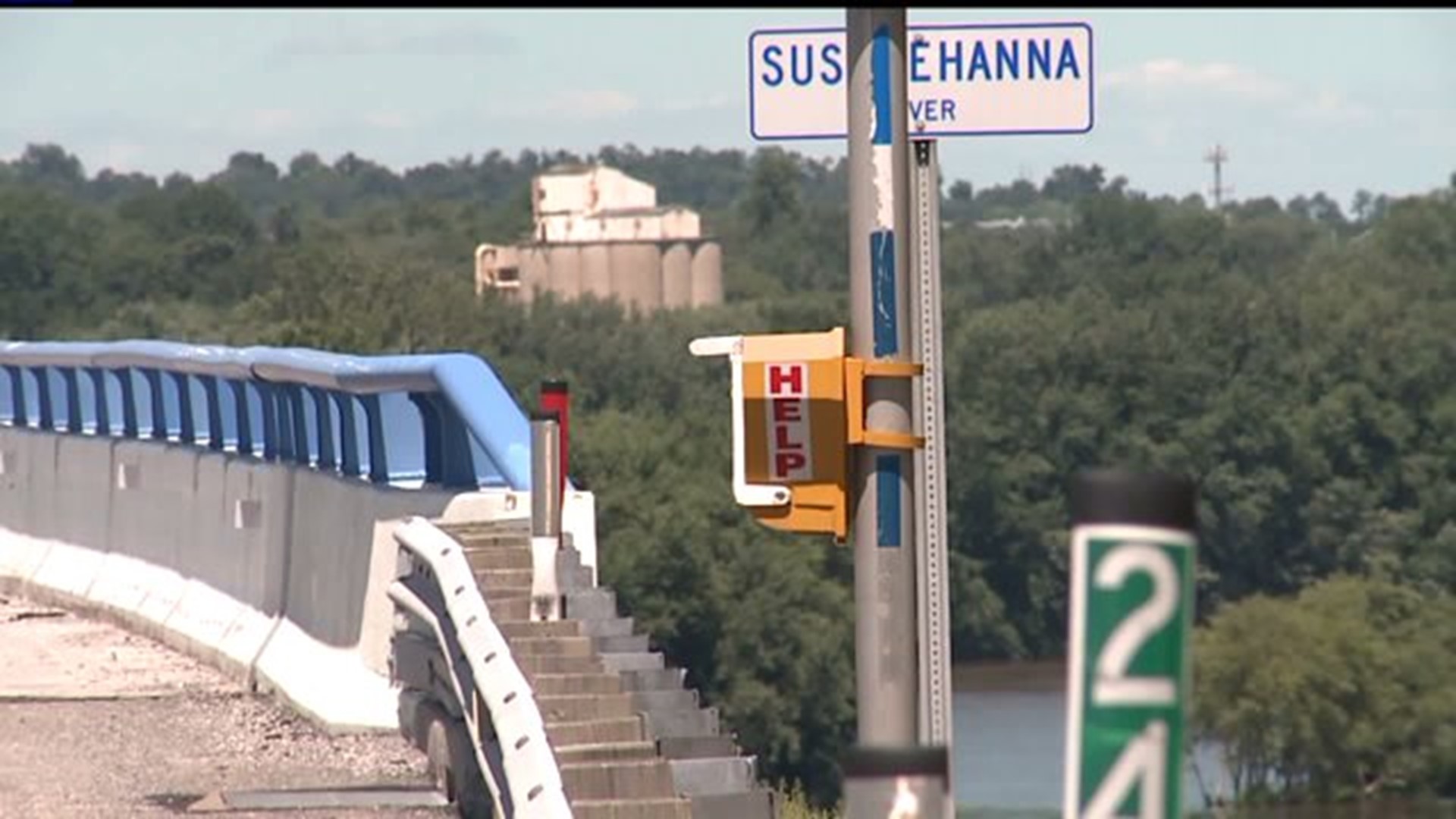Every time you drive onto the Pennsylvania Turnpike, you see a reminder that they're there.
More than a thousand call boxes line the highway, ready in case you have an emergency.
You pull the cover down, push the button that corresponds with the issue you're having, and then someone drives to your location to deal with it. If that sounds antiquated, it is.
"Before we used to rely a lot on the call boxes, and now we rely probably 99 percent on other input," said Pa. Turnpike Commission spokesman Carl DeFebo.
The call boxes were first approved in the late 80s, but thanks to rapidly advancing technology they're not as useful as they used to be.
Nowadays the call boxes are just one of several ways to find out whether there's an incident on the Turnpike. Cameras, cell phones and an smartphone app call Waze are among the many ways employees at the Turnpike Commission can find out about incidents much more quickly.
Back in 2000, the call boxes were used 18,571 times. But, last year that number dropped to just 1,206.
It costs the Turnpike about $200,000 a year to maintain these boxes. On average, that's $165.84 per call.
"In most cases we've already been informed by a cellphone call either before or right after that," said DeFebo.
So, some state legislators are asking why not just get rid of them?
The law says the Turnpike Commission can't.
"The Turnpike Commission must maintain those call boxes even if no one uses them, and clearly that's a waste of money," said state Rep. John Lawrence (R-Lancaster/Chester)
Lawrence says the solution is simple. He's sponsored a bill (click here) that would change one word in the state code, giving the Turnpike Commission the choice to use the call boxes as opposed to the mandate to use them.
"Clearly it's something the public has shown that there's not as much demand for as there once was," said Lawrence.
Turnpike staffers are working on a plan to phase out the boxes. Likely, it wouldn't happen all at once, said DeFebo. There may be a few left in operation along parts of the Turnpike where cell service is poor.
"Certainly, we've got some work to do on that to identify how that would happen and do some more studying but, we plan to present some options to Turnpike Commissioners at some point and allow them to decide on what the next step would be," said DeFebo.
Rep. Lawrence's bill recently passed the House Transportation Committee unanimously. There's no indication how soon the full House will consider the proposal.

